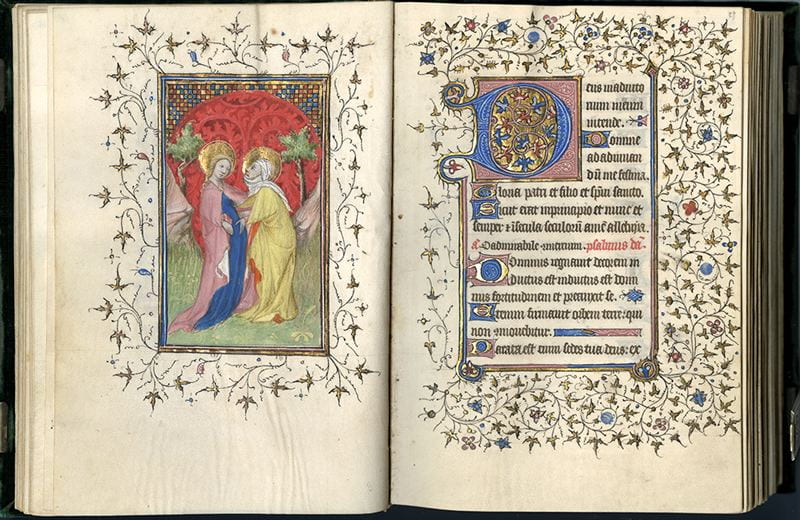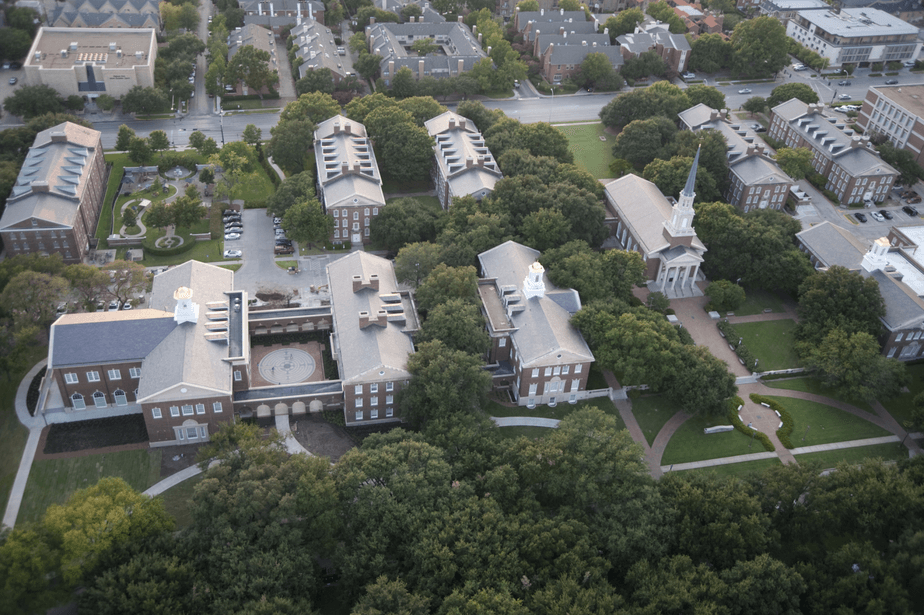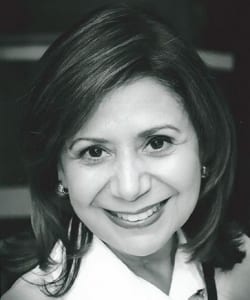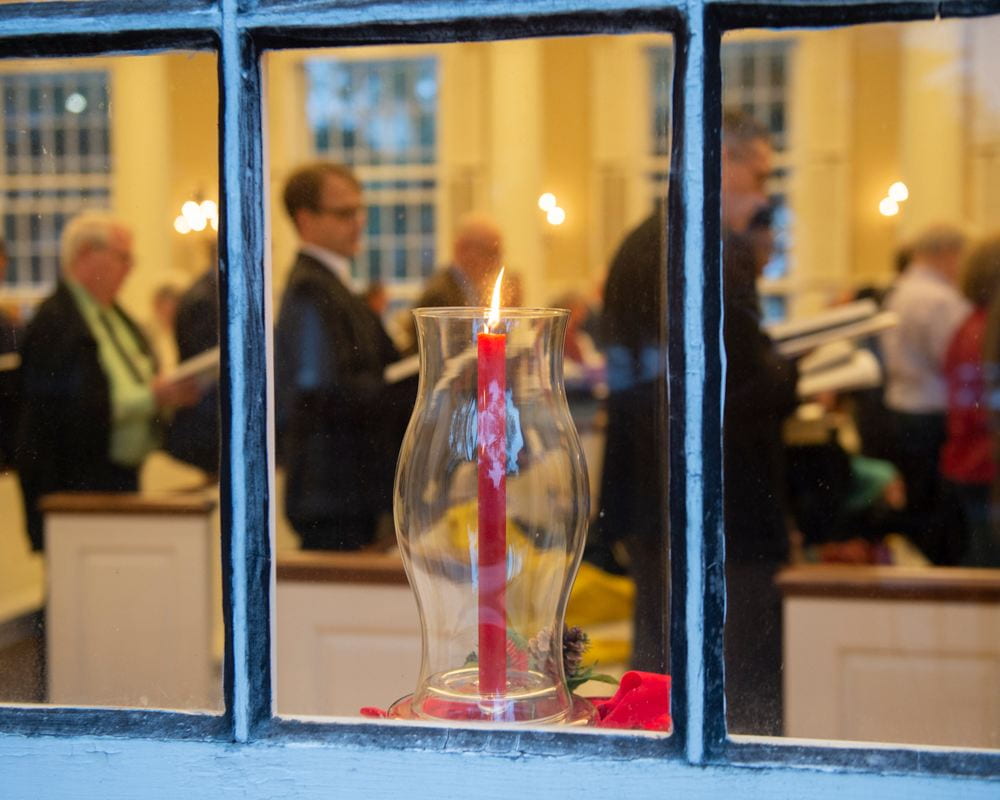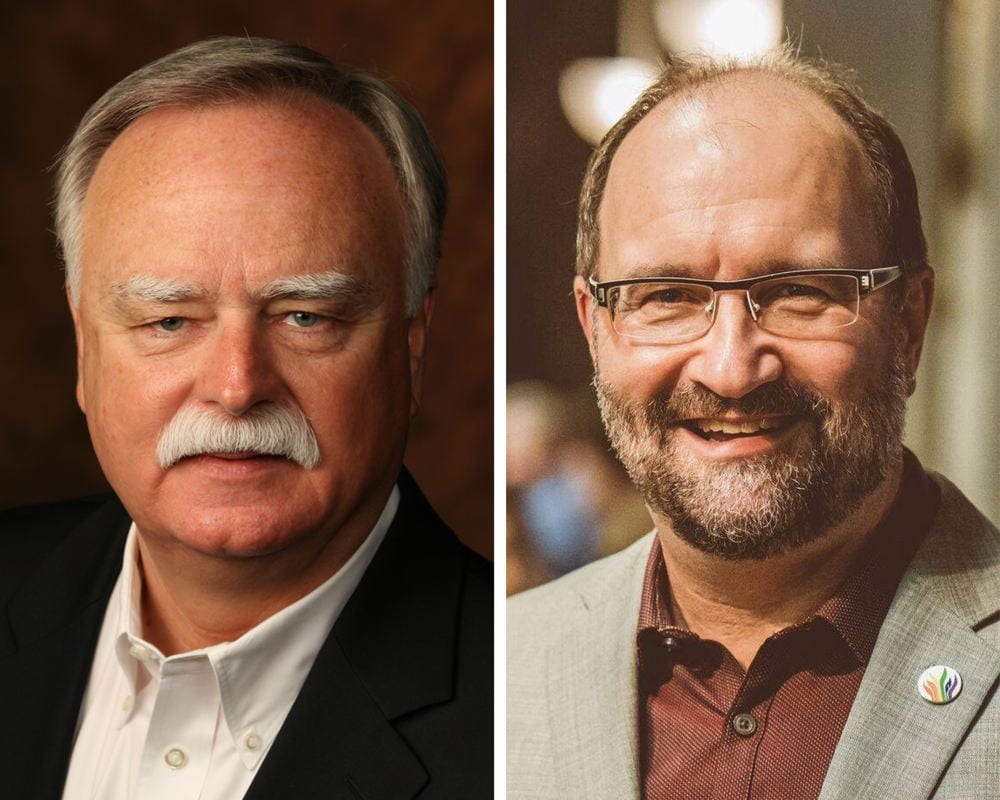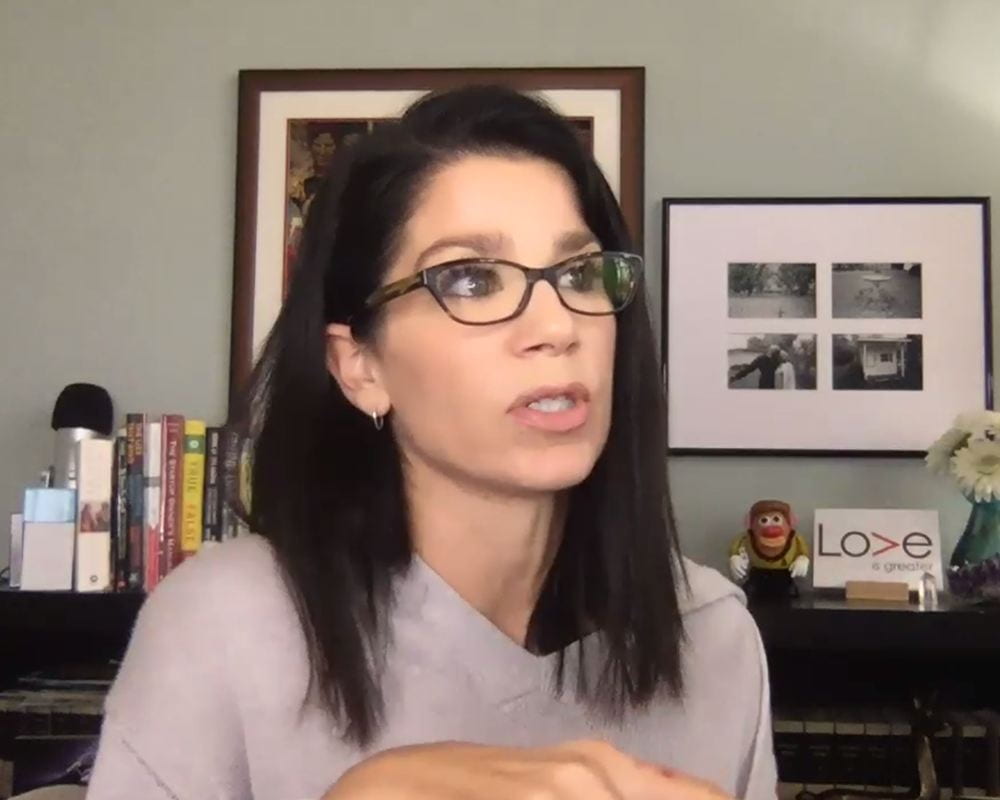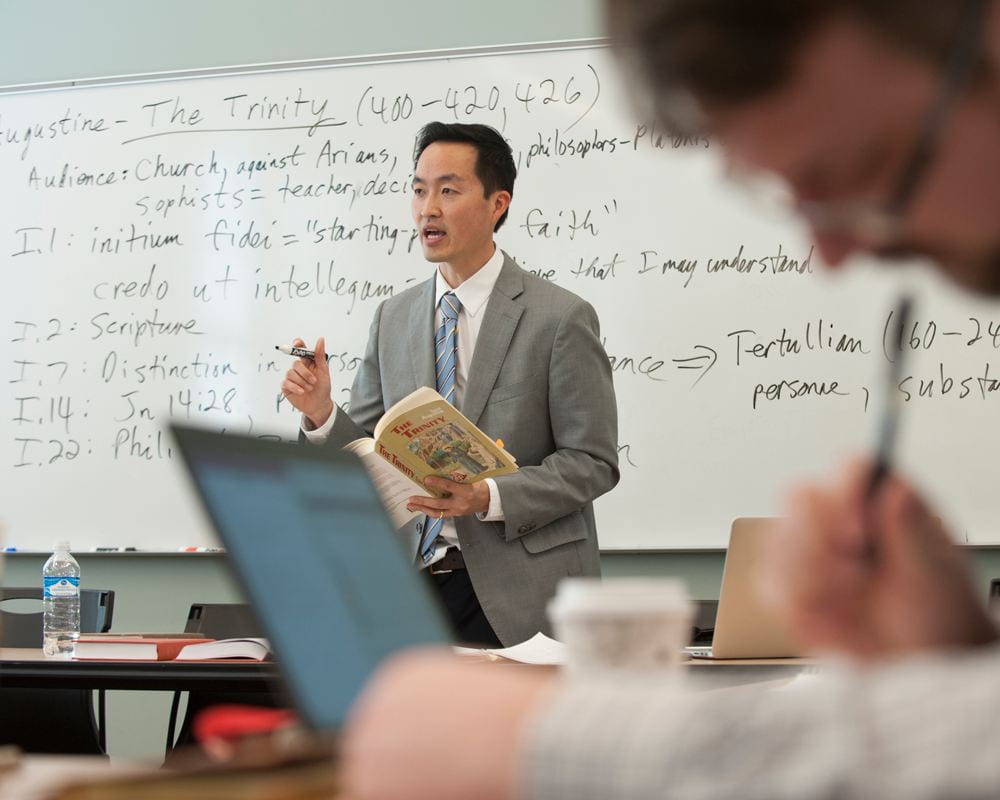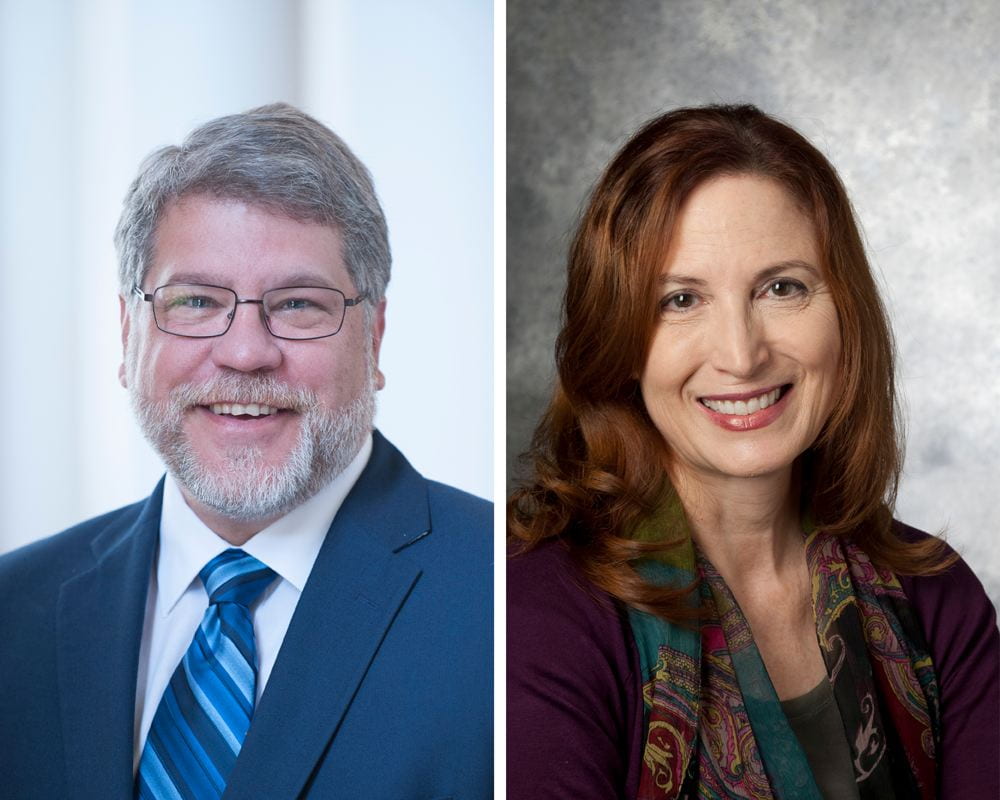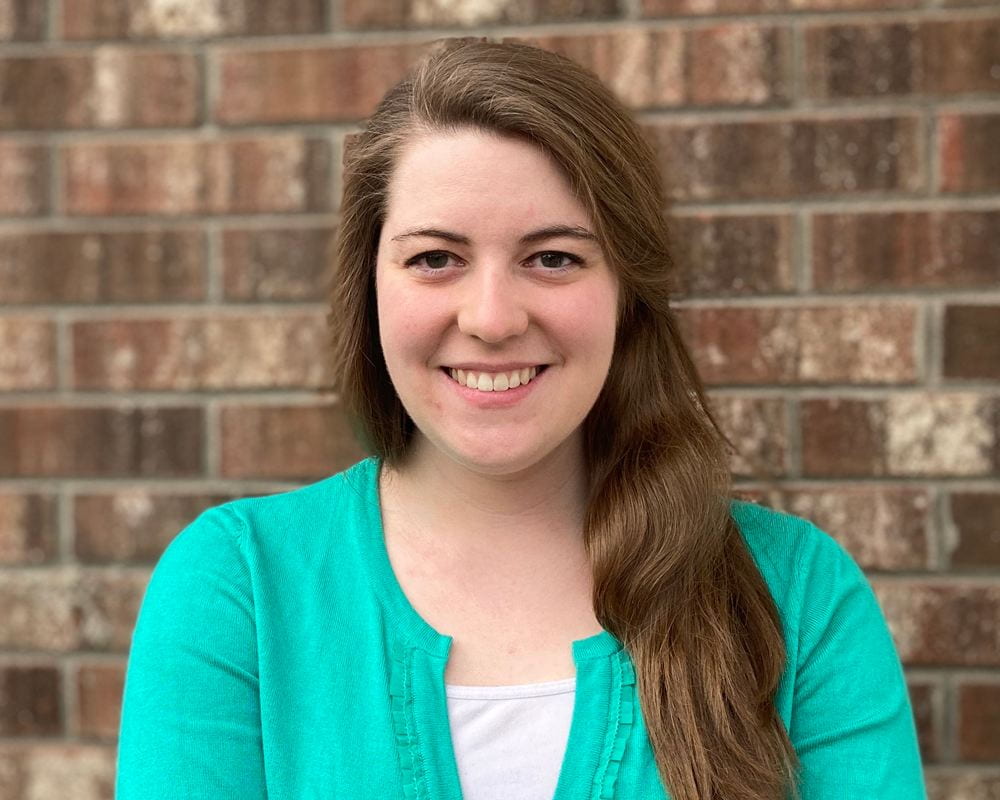Tune into smu.edu/live on Thursday, December 3 at 6 p.m. to join the annual Perkins Advent Worship service, which will be held virtually this year. View and download the service bulletin here.
Students and faculty in the Master of Sacred Music (MSM) program have worked hard to make the annual service as meaningful as possible and take advantage of the possibilities that the online format offers, with contributions from alumni.
“We’ve taken what is good about online worship and incorporated those elements,” said Marcell Silva Steuernagel, Assistant Professor of Church Music and Director of the Sacred Music Program. “The advantage is that we could invite people from many different places, geographically, and bring in musicians from all over the world. The online, pre-recorded format was uniquely suited to speaking to our trying and unstable times.”
The title of the service is “For The Time Being…”. Michael Hawn, University Distinguished Professor Emeritus of Church Music, will deliver the homily, reflecting on the twin themes of expectation and waiting.
The liturgy will be composed of five readings that speak theologically to Advent (waiting for the Savior) and the pandemic (waiting for a return to an in-person world, for an end to injustice, and for a sense of stability.) Two of the five readings will be non-Scriptural, including a passage from W. H. Auden’s For the Time Being, and a poem, composed for the occasion and read by Perkins faculty member Hal Recinos.
Each reading will be followed by a collect and then by a short variation on the Advent tune VENI EMMANUEL for organ, composed for the occasion by Steuernagel and performed by Chris Anderson.
With the online format, organizers solicited involvement from participants far and wide, “in a sort of MSM virtual reunion,” Steuernagel said. The Sacred Music program issued a call to alumni of the MSM program, many of whom were preparing Advent and Christmas services for their own congregations, for proposals for musical offerings, including the opening voluntary and four free-standing musical pieces.
Contributions from participating MSM students and alums will include:
Bryan Page, DPM cohort 2020: composer of the opening voluntary
Julia Boudreaux, MSM 1, organist for opening voluntary and reader
Hilary Seraph Donaldson, MSM alum, reader and anthem conductor
Brad Kisner, MSM alum, reader
Zach Light-Wells, MSM alum, anthem conductor
Garth Baker-Fletcher, MSM 2, reader
Ronnie Wilson, MSM alum, anthem conductor (lead singer)
David Furniss, MSM alum, reader
Edward C. Gibson IV, MSM alum, anthem conductor
Seth Luna, MSM 1, reader
Leanne Seabright, sacred music program student, reader
Allison Shutt, MSM 2, reader
Cameron Normand, MSM 1, reader
Lucas Eaton, MSM 2, reader
Laurie Hanson Roberts, Phyllis Wilson, Debbie Chapman, Carrie Chavarria, Rebecca Garrett Pace, Jan Call, Stephanie Rhoades (all MSM alums) and Tracy DePue (Perkins Spiritual Formation certificate student), anthem
DPM students, assembled cohorts, anthem
Claire Ward, MSM 1, reader
Dirk Damonte, DPM 2017 cohort, anthem composer
Other liturgy participants will include Teresa Rosado, sacred music programs administrative assistant; Mark Stamm, chapel elder; and Dean Craig Hill.
